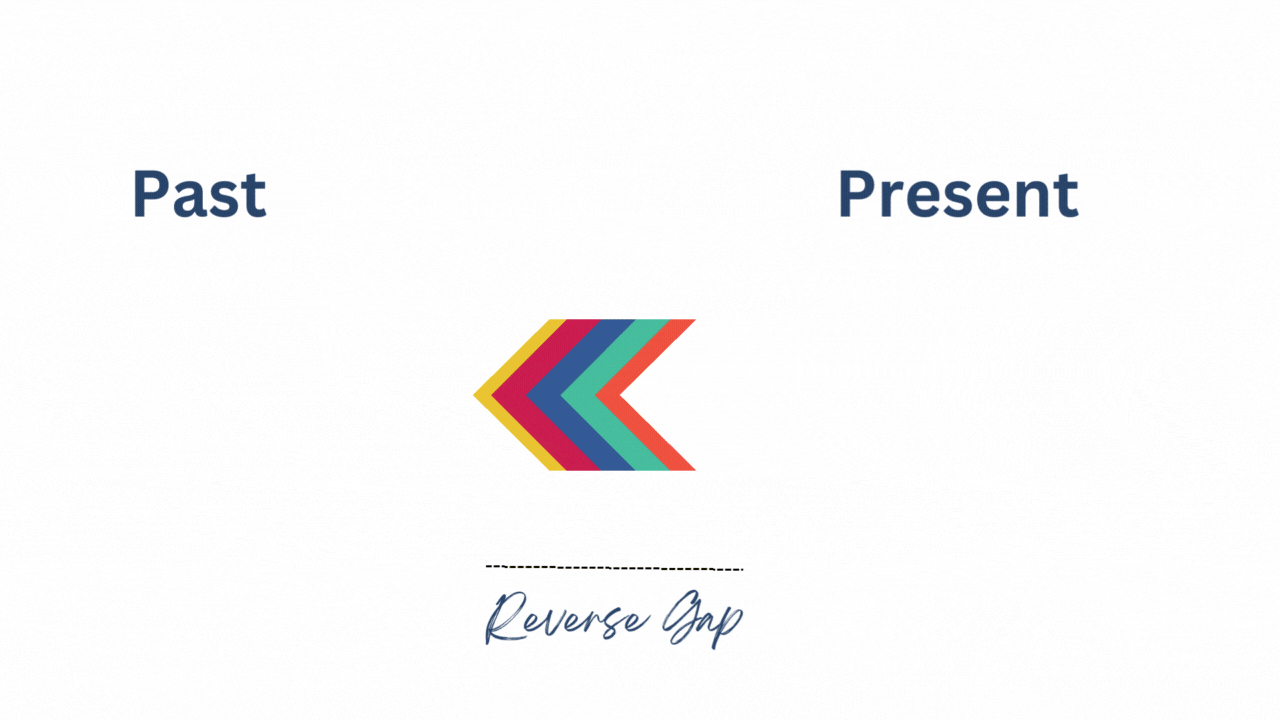I once came across this uplifting quote, “If you’re feeling unhappy, remember that you can always deconstruct and start anew!” It resonates deeply, reminding us that when we feel unfulfilled in life, it’s natural to question our purpose and wonder if there’s more to existence. At our core, we all yearn for something more meaningful!
Recently, I chanced upon a book called “The Code of the Extraordinary Mind” by Vishen Lakhiani. A computer engineer by training, the author views everything in life as a process that can be hacked for optimum results – from our current existence to setting life goals. A fascinating question he poses in his book is “Can you hack your life?”
Jay Shetty, in his book “Think Like a Monk”, observes that people often admire the results of success without necessarily committing to what it takes to achieve it. We habitually find ourselves rationalizing why we didn’t start something sooner! You might currently be employed at a multinational corporation, or a startup, be job-seeking, or hustling daily without questioning your purpose.
The crucial question to ask is: Do you find purpose and a sense of fulfillment in what you do? In his book, Vishen shares his experience working at Microsoft, a tech giant everyone aspired to join in his time. However, it was the most challenging phase of his life. He was living out his South Asian parents’ dream of becoming a doctor or an engineer, working at a large corporation, and spending a few decades there.
This brings us to the book’s first key lesson: “Transcending the Culturescape.”
The “Culturescape” is a complex web of societal norms, beliefs, and cultural conditioning that shapes our lives. It’s comprised of expectations and rules set by our surroundings that dictate our thinking, behavior, and interactions.
Within the Culturescape exist many “BRULES” (bullsh*t rules) with the potential to make our lives miserable and hinder our progress. Conforming blindly to the Culturescape can result in an autopilot existence, where we pursue what society deems fulfilling.
The book introduces a concept called “Bending Reality,” which involves adopting a radically different perspective on life events. This perspective can transform your experiences so significantly that others might question your sanity.
The essence of bending reality is not to delay your happiness. Consider a situation where someone is unexpectedly laid off from their job. While many would see this as an unfortunate event, a person bending reality would perceive it as an opportunity to explore new ideas, start a business, or find a different job.
Bending reality is about finding joy in the present and cultivating a vision that pulls you forward. Happiness doesn’t need to be postponed; it’s a natural by-product of having a clear vision.
The book mentions the balance between current happiness and a vision for the future. It elegantly explains how any imbalance between these two elements can create turmoil in your life.
Considering these two elements, we can exist in four states:
- The Negative Spiral: Here you are neither happy in the now nor do you have a vision for the future. So with little to enjoy, and look forward to this is certainly the most painful place to be in!
- The Current Reality Trap: This state feels great because you’re happy in the now. Nothing wrong with this state of now- You can be happy smoking a joint but long-term happiness and fulfillment can come from something more. This state may give you temporary happiness but it’s not going to bring you long-term fulfillment.
- Stress & Anxiety: In this state when you may have big goals but you’ve tied your happiness to these goals. So they could either be the right goals-which are “your calling” or maybe those deemed by society as goal-worthy. The idea here is that it’s ok to have big goals but it’s not an optimal state if you are postponing your happiness along the way.
- Bending Reality: This is a state wherein you’re happy in the now and you have a vision that pulls you forward.
In discussing the happiness element of bending reality, you might wonder, “How can one remain happy if they haven’t achieved their goals yet?”
The book outlines an interesting approach called ‘Appreciating the Reverse Gap‘. We’re often inclined to focus on the forward gap, the distance between our current position and where we’d like to be. The issue with this approach is that the chase never ends. As our lives improve, we always desire “something more.”

Dan Sullivan, an entrepreneurial coach, suggests we should look backward to appreciate how far we’ve come, a concept known as ‘The Reverse Gap’.
Whenever you feel disheartened or discouraged, ask yourself what you’re measuring against. You’re likely comparing yourself to “your ideal,” but the moment you consider your past, recognizing how far you’ve come, you instantly feel uplifted!
Takeaways:
- Avoid setting Culturescape-based goals, or you might chase something that feels meaningless once achieved.
- Have a future vision that resonates with your soul! As author Joe Vitale says: “A good goal should scare you a little and excite you a lot.” Exciting because it genuinely aligns with your heart’s desire!
- Find happiness in the present moment. While having a bold vision is crucial, reflecting on your past journey can bring a sense of empowerment and gratitude for where you are now.
- Keep your passion alive and continually work towards fulfilling your soul’s calling in any way possible.
This approach is the only way to truly remain your AUTHENTIC SELF! 🪷

